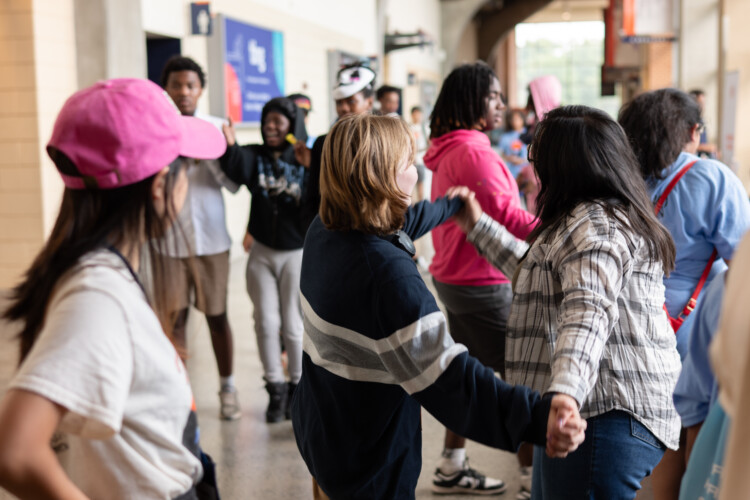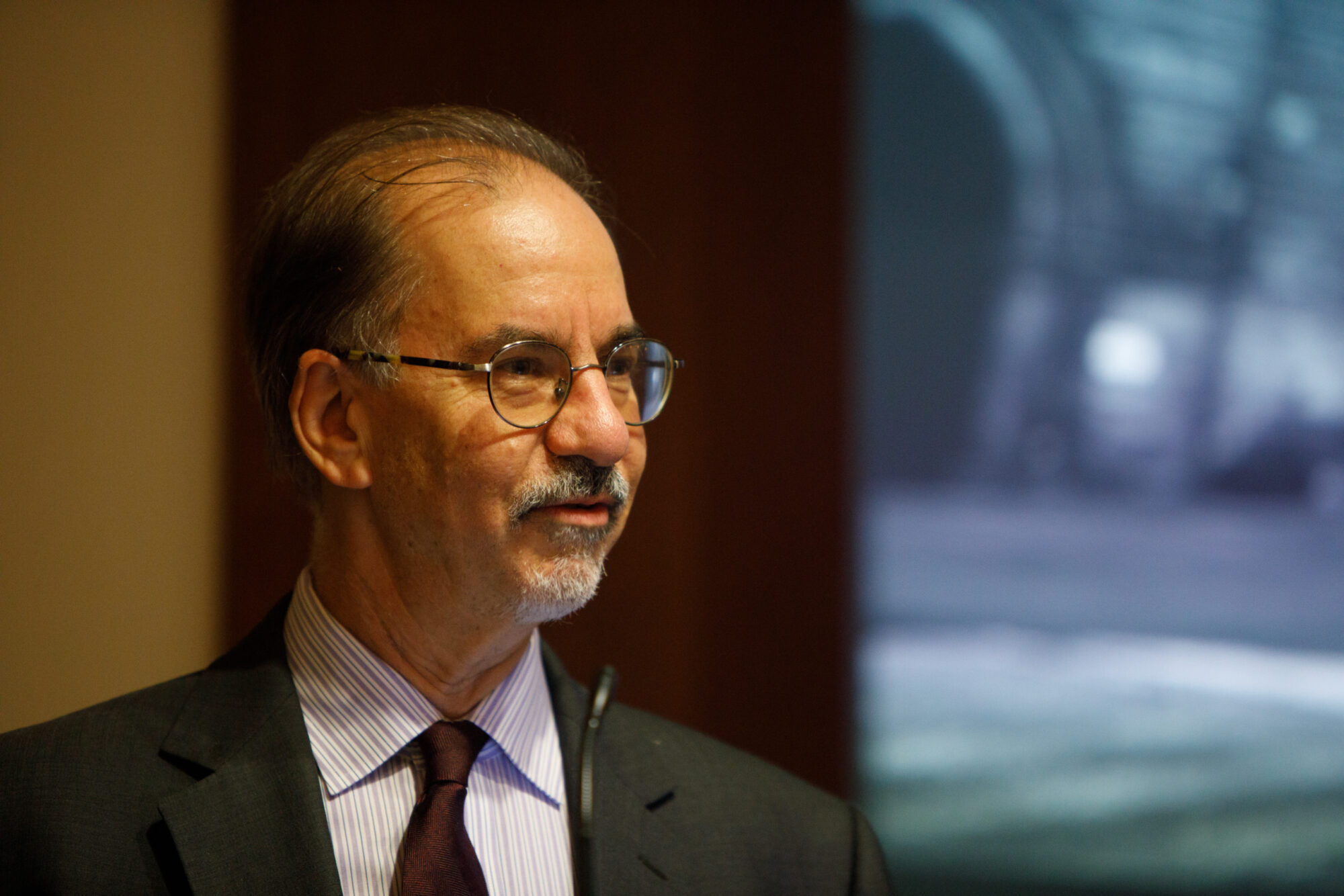In light of the William T. Grant Foundation’s mission to support research to improve the lives of young people, it should come as no surprise that education research commands a significant share of our funding. And for the community of education scholars, no event draws more attention than the annual meeting of the American Educational Research Association (AERA), which takes place this year on April 5-9 in Toronto.
Yet at a time like this, when facts are displaced by “alternative facts,” and when research evidence is seemingly ignored or even distorted on a daily basis, how can researchers find the motivation to continue to produce knowledge worth considering? How can we, as supporters of research, best sustain our mission to support them? Or, to use the phrasing of this year’s AERA meeting title, how can we “leverage education research in a ‘post-truth’ era?”
One answer might be found in our own work: The Foundation has long sought to fund research that can illuminate ways to improve the use of research evidence in policy and practice, and a key finding of our grantees in this area is that there is fertile ground for research use when producers and consumers of research work in partnerships. Building on this insight, we initiated the Institutional Challenge Grant to challenge universities to develop partnerships with government agencies or non-profit organizations, to jointly construct and pursue a research agenda on reducing inequality in youth outcomes, to build the capacity of the partner organization to use evidence in its decision making, and to shift the institutional culture of the university to support faculty who engage in partnership-oriented research. As we have just announced, this year we have two winners of the Institutional Challenge Grant, thanks to the welcome collaboration of the Spencer Foundation, which is jointly funding the winners with us. Both winners are education research-practice partnerships: the University of Colorado-Boulder in partnership with the Denver Public Schools, and the University of Toronto working with the Puerto Rico Department of Education.
…there is fertile ground for research use when producers and consumers of research work in partnerships.
As this example shows, not only are partnerships between researchers and practitioners a way to foster reliable knowledge that is useful and used in efforts to improve youth outcomes, but partnerships between funders are a way to extend the reach of what any single foundation can do to support research and practice. At AERA, I will have a chance to talk about such funder collaboration, and some of the challenges facing private foundations that support education research, with Na’ilah Suad Nasir, president of the Spencer Foundation, Kent McGuire, education program director of the Hewlett Foundation, and Sara Vecchiotti, vice president for program at the Foundation for Child Development. Our conversation will be moderated by Kris Gutiérrez, a former president of AERA. For those traveling to Toronto, you are welcome to join us at on Sunday, April 7, 9:55-11:25am, in Room 103 A&B of the Metro Toronto Convention Centre.







